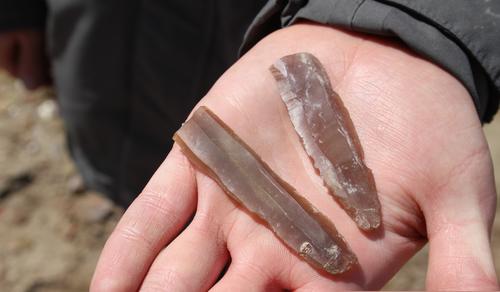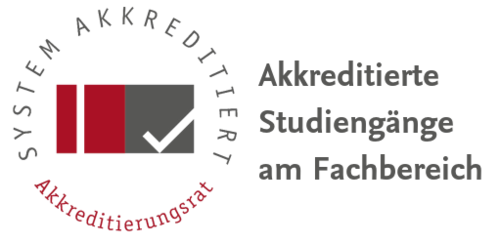Our program
Archaeology of the Ancient World (AAW) is a two-year, full-time Master’s program taught in English. It brings together three disciplines – Prehistoric Archaeology, Near Eastern Archaeology, and Classical Archaeology – to approach the past of the Mediterranean region, Eurasia, and southwest Asia.
The program introduces you to a part of the world that has seen intense processes of transformation and abundant intercultural and inter-societal contacts during the last ten thousand years. You will acquire theoretical skills in dealing with scholarly arguments and practical skills in handling artefacts and analysing data.
As a consecutive program, AAW builds on knowledge about the past acquired through the study of ancient material culture during a Bachelor's program or through professional qualification. Acceptance to the program requires excellent English language skills (C1 level CEFR) and a Bachelor's degree with at least 60 credit points in archaeology-related courses.
The Master's program is tuition-free for all students, irrespective of their country of origin.
Why study the ancient world?
The past is an archive of human experiences. Archaeology provides a unique way to approach these experiences from different angles: How do people adapt to environmental change? How does artistic choice reflect intercultural contact? How do soil samples or remote sensing technologies help reconstruct a long-gone world? How can we approach immaterial aspects of the distant past through the study of material culture? And how does all of this help us to think in long-term perspectives and understand past cultures?
Interested in delving deep into these and other questions and searching for answers in the archaeological record? Then the MA Archaeology of the Ancient World might be the right choice for you.
- To read more about the program’s structure and regulations, go here.
- For more information on the application and admission process, go here.
- To find answers to some Frequently Asked Questions, go here.
Reasons to study archaeology at FU Berlin
1. Go beyond disciplinary boundaries
In this program, three disciplines related to archaeology and the ancient world are integrated. As a student, you will gain access to a vast academic and professional network, connect with peers from related Master’s programs, and collaborate with internationally renowned scholars from the participating disciplines. The institutes involved are part of the Department of History and Cultural Studies, which offers excellent teaching and research opportunities across a wide range of fields. FU Berlin ranks among the top 100 universities worldwide and is recognized as one of the best universities in Germany. For more details, visit: Top Universities.
2. Connect across institutions
The program fosters cooperation among departments and universities in Berlin and beyond. The participating institutes maintain collaborations with several museums and the German Archaeological Institute.
3. Tailor your program
The curriculum provides a solid methodological foundation for interdisciplinary work while offering flexibility and a wide range of electives. This allows you to customize your studies according to your personal interests and career aspirations.
4. Gain professional and research experience
The program offers opportunities to engage with ongoing research in archaeology and gain professional experience through internships. This is a chance to enhance your skills in various environments, including cultural and archaeological institutions, publishing houses, excavations, and NGOs. The career service supports your internship endeavors; learn more at FU Berlin Career Service.
5. Become part of an international network
Freie Universität boasts an outstanding international network for teaching and research and is a member of the UNA Europa university alliance. Additionally, the archaeological institutes involved in the AAW program have numerous Erasmus partnerships, which you can benefit from during your MA studies. For more information, visit the Freie Universität International Network.
6. Explore Berlin, academic and otherwise
Berlin offers a unique array of scholarly and cultural institutions related to archaeology and the ancient world, including the Vorderasiatisches Museum, Antikensammlung Berlin, Museum für Vor- und Frühgeschichte, and the Staatsbibliothek zu Berlin Preußischer Kulturbesitz, which houses a world-famous manuscript collection. Other notable institutions include the Haus der Kulturen der Welt, the German Archaeological Institute, and the open-air museum in Düppel. Beyond academic pursuits, Berlin is rich in cultural and natural experiences, including its beautiful city parks.
Beyond that, Berlin has much to offer in terms of culture and - with its city parks - in nature.
And beyond that, there is always non-academic berlin.
Vorderasiatisches Museum Berlin
Museum für Vor- und Frühgeschichte
7. Take the opportunity to learn German
Proficiency in German not only enhances your experience in Germany during your Master’s program but also enriches your personal profile. Freie Universität offers free German courses starting at level A2 for all international students enrolled in English-taught Master’s programs. More information can be found here


